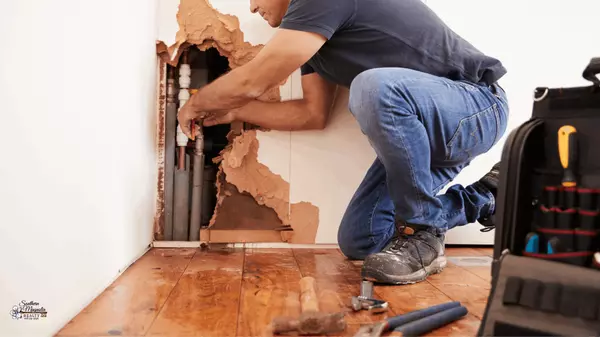Homeownership Pays Off: Tax Tips You Need to Know
Don’t Leave Money on the Table This Tax Season
Let’s be honest—owning a home can feel like one giant expense. Between the mortgage, maintenance, insurance, and taxes, the list of costs feels like it never ends. But here’s the good news: your home can actually pay you back, especially when tax season rolls around.
If you’re a homeowner, you might be sitting on some serious tax savings and not even realize it. There are deductions and credits that could lower your taxable income, increase your refund, or at least take the sting out of what you owe. Let’s make sure you’re not missing out.
Homeownership = Tax Write-Off Opportunities
Here’s a breakdown of the most common tax benefits homeowners can tap into:
Mortgage Interest Deduction
You can deduct the interest you’ve paid on your mortgage—up to $750,000 of debt (or $375,000 if you’re married and filing separately). This is a big win, especially in those early years of your mortgage when interest is a huge part of your payment.
Property Tax Deduction
You’re allowed to deduct up to $10,000 in combined state and local property taxes (or $5,000 if filing separately). Just a heads-up—you’ll need to itemize your deductions to claim this one.
Home Office Deduction
If you’re self-employed and working from home, you could deduct a portion of your home expenses, like utilities, internet, and even a slice of your mortgage interest or rent. The key? The space has to be used exclusively for business.
Energy-Efficient Upgrade Credits
Made energy-saving improvements like new insulation, windows, or solar panels? You could qualify for tax credits up to 30% of the cost of those upgrades. Definitely worth looking into!
Renters vs. Homeowners at Tax Time
Wondering how owning a home really stacks up when it’s time to file your taxes? Here’s a quick side-by-side:
Renters:
-
Pay monthly rent with no long-term return
-
Can’t deduct property taxes
-
Limited (or no) home office tax deductions
-
Improvements benefit the landlord, not you
-
No equity building or tax-based advantages
Homeowners:
-
Mortgage payments may qualify for interest deductions
-
Can deduct up to $10,000 in state and local property taxes
-
Home office deduction is available for the self-employed
-
Energy efficiency upgrades may qualify for tax credits (up to 30%)
-
Build equity over time plus enjoy tax advantages
Your Homeowner Tax Checklist
Before you hit "submit" on your tax return, make sure you’ve gathered these essentials:
-
Form 1098 – From your lender, showing mortgage interest paid
-
Property tax statements – Track what you paid throughout the year
-
Receipts for home improvements – Especially energy-efficient upgrades
-
Home office documentation – Think square footage, utility bills, and proof of business use
-
Closing documents – If you bought or sold a home this past year
-
Records of energy credits – For any multi-year improvements (like solar panels)
Bottom line: your home can absolutely work for you if you know where to look for savings. While this checklist is a great start, don’t leave it to chance—talk with a trusted tax professional. They’ll help you make sure you’re maximizing every opportunity, especially if you’ve sold your home, worked from home, or made big improvements last year.
Categories
Recent Posts











